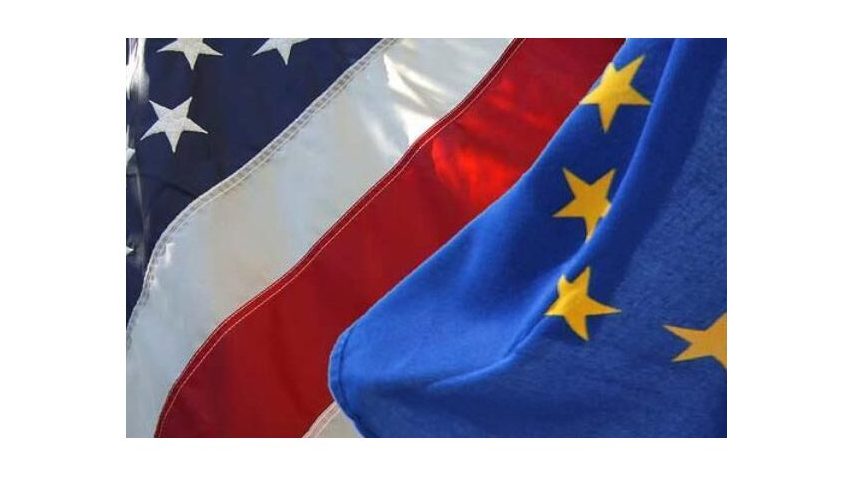On Aug. 28, German Minister of Economics and Vice Chancellor Sigmar Gabriel said talks between the European Union and the United States regarding free trade have failed, according to an Associated Press report.
According to the report, Gabriel said neither side has been able to agree on any item in the 27 chapters discussed.
According to the website of the United States Trade Representative office, TTIP “will help unlock opportunity for American families, workers, businesses, farmers, and ranchers through increased access to European markets for Made-in-America goods and services. This will help promote U.S. international competitiveness, jobs and growth.
“TTIP will be a cutting edge agreement aimed at providing greater compatibility and transparency in trade and investment regulation, while maintaining high levels of health, safety and environmental protection,” USTR’s website said of TTIP.
However, some individuals and groups oppose TTIP, the Trans- Pacific Partnership and other free trade negotiation deals.
“Those are really not free trade – that’s negotiated so-called free trade,” Chair at Loyola University New Orleans and economist Walter Block said. “That’s very different. That is where a bunch of people get together and say, ‘Well, look, we’ll lower the tariff on this if you lower the tariff on that, and we have to have labor provisions and environmental provisions.’ No, I favor something much more simple.”
Block said free trade should be exactly that: free.
“I favor free trade,” he said. “I favor no negotiated free trade, just a unilateral declaration of free trade on the part of the U.S. and of every other country. This is the policy followed by Hong Kong and this is the free market philosophy.”
Opposition to TTIP does not stop at the Eastern seaboard, as European organizations have joined the opposition of TTIP and free trade legislation.
“We are an alliance of more than 500 European organisations running campaigns and actions against TTIP and CETA,” European Initiative Against TTIP and CETA wrote on its website. “We believe that these two trade and investment agreements must be stopped because they pose a threat to democracy, the rule of law, the environment, health, public services as well as consumer and labour rights.”
Despite the efforts of such groups, the U.S. will continue its efforts to reach an agreement.
“The European Commission and EU member state leaders have clearly reiterated their commitment to moving negotiations forward,” USTR spokesman Matt McAlvanah said. “We share that commitment and throughout the summer the United States has been focused on identifying pathways to an agreement that address the priorities of both sides. Ambassador Froman is looking forward to continuing that work when he meets with EU Trade Commissioner Malmstrom in the coming weeks.”
No official dates have been released regarding further discussions of the TTIP at this time.


























